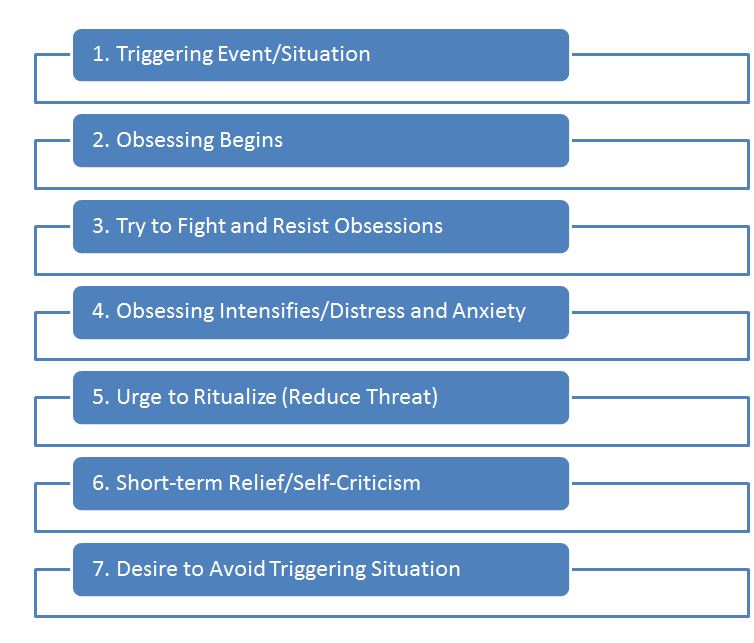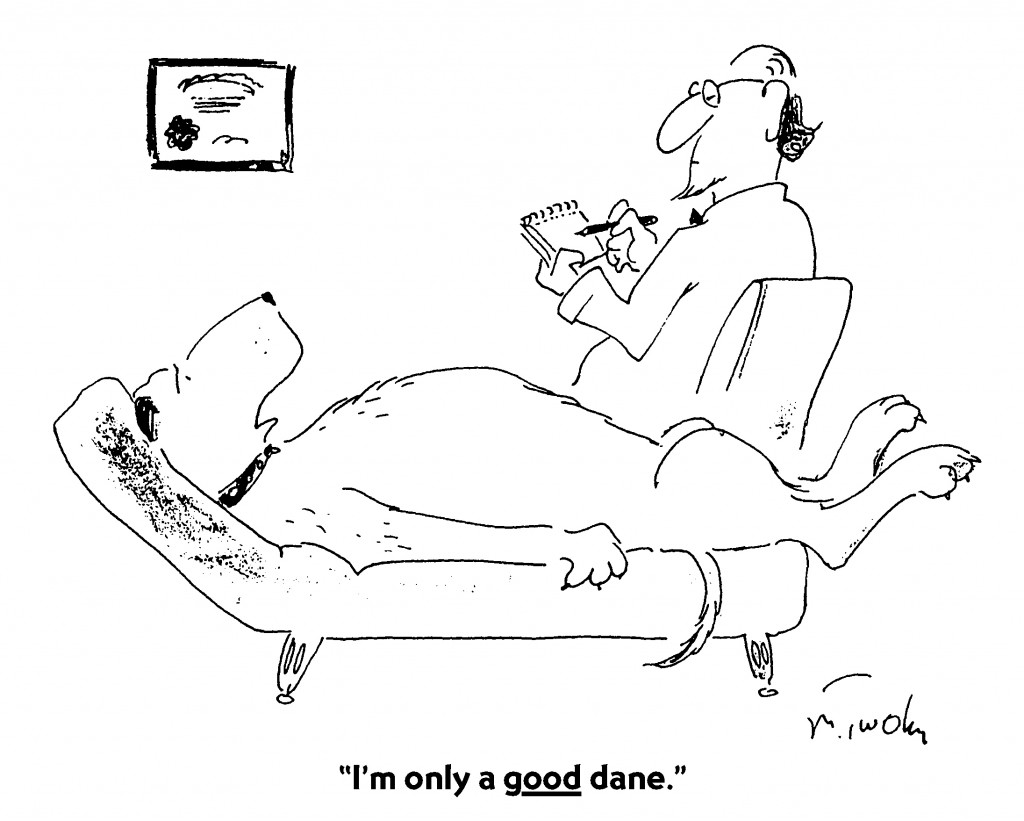Obsessive-Compulsive Disorder (OCD)
People with OCD feel they are at the mercy of unwanted and intrusive worries (obsessions). They often fear great harm will come to them or others, frequently as a result of their carelessness or mistakes in judgment. Examples of such painful obsessions are worries about picking up life-threatening germs, or about forgetting to turn off a stove that endangered others. Obsessions usually are not helped simply by rationally challenging them The efforts to resist obsessions often make them worse.
People with obsessions often devise elaborate and painful rituals (compulsions), which can provide temporary relief for their worries. Examples of compulsions include constant washing of one’s hands to get rid of germs, and frequent checking and rechecking to see if the stove is turned off. Unfortunately individuals soon feel enslaved to these time – consuming and elaborate compulsions.
Cognitive Therapy for OCD
A very effective treatment approach has been developed for OCD. We have discovered that if individuals can face and challenge their anxieties, the pain of OCD can be alleviated. Thus clients are encouraged to voluntarily expose themselves to the distressing thoughts and threatening situations that elicit the rituals they enact to reduce their worries. They are then given the support and guidance on preventing these compulsive behaviors. While this approach does involve enduring some short-term discomfort, it is a path to undermining the obsessive-compulsive pattern and producing freedom from worry.

